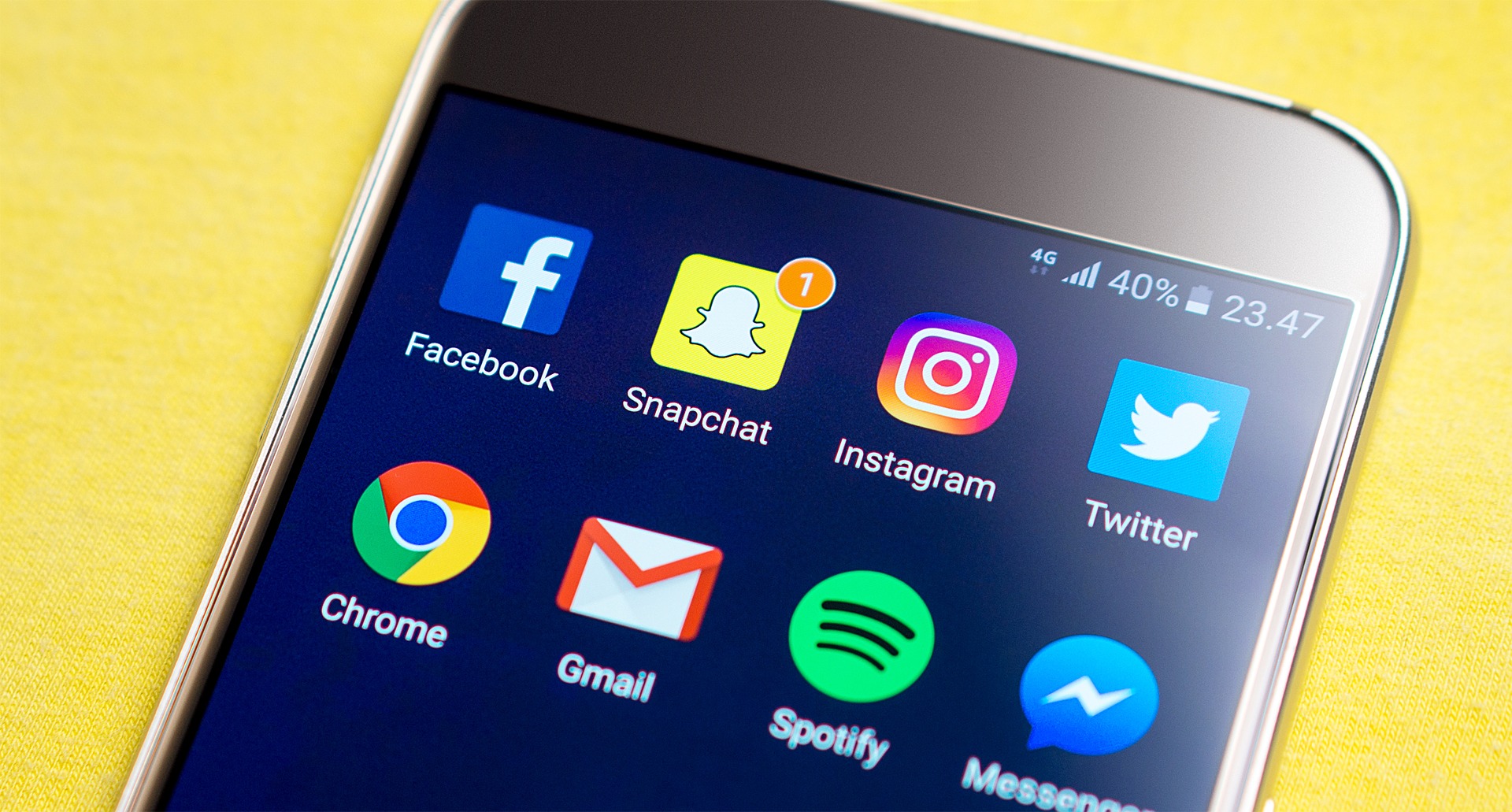Snapchat’s released details on its redesign, and they’re on a mission to redefine how we use social media.
This week, Snapchat founder, Evan Spiegel, detailed the new features in an opinion piece for Axios.
The Verge and Techcrunch round up the biggest changes on Snapchat’s redesign:
There will be separate tabs for friends and brands
Content from friends, or people that follow you, will show up on one side of app. Brands or influencers who don’t follow you are placed on the other side.
Friends first
The friends feed will include an algorithm which puts the people you interact with the most right at the top. This page will include friends’ stories and chat messages.
The new features start rolling out this week.
In his op-ed, Spiegel spells out the reasons for the redesign. And he takes aim at Facebook.
“The personalized newsfeed revolutionized the way people share and consume content. But let’s be honest: this came at a huge cost to facts, our minds and the entire media industry.
This is a challenging problem to solve because the obvious benefits that have driven the growth of social media – more friends! more likes! more free content! – are also the things that will undermine it in the long run,” writes Spiegel.
Without ever calling Mark Zuckerberg out by name, Spiegel said social media is the driving force for fake news, as friends share inaccurate stories in their feeds.
“The combination of social and media has yielded incredible business results, but has ultimately undermined our relationships with our friends and our relationships with the media. We believe that the best path forward is disentangling the two by providing a personalized content feed based on what you want to watch, not what your friends post.”
Spiegel flat out says the Facebook model of social media is broken, and that Snapchat has set out to fix it.
“ It’s vitally important that future content feeds are built on top of a human-curated supply of content – rather than just anything that surfaces on the Internet. Curating content in this way will change the social media model and also give us both reliable content and the content we want.”
There have been mixed reactions to Snapchat’s overhaul.
Bloomberg asks how these new features will attract new users, when that was Spiegel’s stated goal a few weeks ago. They argue that the new design appeals to existing users.
Buzzfeed takes a harder line, charging that Snapchat’s model was always totally different from its competitors. The network never had a share button and, therefore, citing that the shift is part of the redesign is disingenuous.
“Snapchat’s fresh new look won’t change society, and it doesn’t seem likely to change the perspectives of its advertising customers either. In one Facebook group of advertising professionals, the news of the Snapchat’s redesign was greeted largely with indifference. “Thanks for letting me know there was a Snapchat redesign,” one member said, indicating the app isn’t commanding the same attention from ad agencies as it did when it was a hot startup shooting toward IPO.”
Other ad agencies were positive about the changes, adding that whatever measures attracted more users and higher engagement on the platform was good for advertisers.
Some believe the overhaul is exactly what Snapchat needs right now, in the face of a falling share price and the constant threat of Instagram. In a piece for TechCrunch, Josh Constine credits the decision as a “courageous move”, which makes Snapchat easier for an adult audience to use– the demographic Spiegel said he was looking to grow.
I think this direction is great news for us – the users of these networks. When Snapchat announced its redesign, there was some speculation it would adopt a news feed similar to that of Facebook and Twitter.
We don’t need another Facebook or Twitter, and we don’t need another monopoly. I hope Snapchat continues to succeed because it gives us some choice.
Snapchat has grown because it offers something different. It’s a novel experience and that is why it has attracted 178 million users across the world. That’s why Mark Zuckerberg tried to buy Snapchat, and that’s why Facebook is cloning all its features.
Now Spiegel’s a businessman so he’s motivated by profits and not solely the creation of a more democratic social media space.
But a move to clamp down on the ugliness of social media is what we need right now, and this is one move I hope Zuckerberg will copy.
